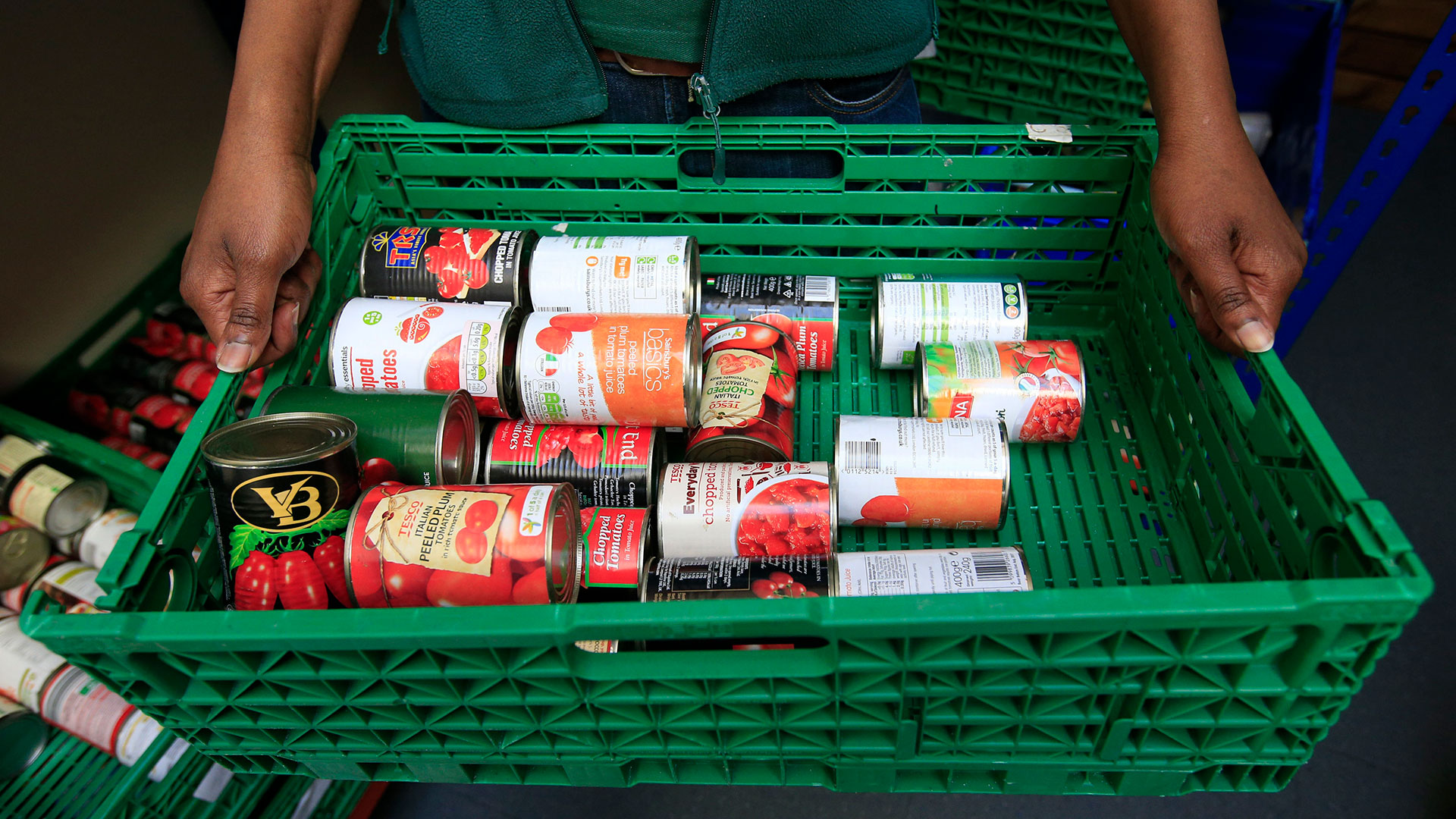“In a society that believes in justice and compassion, this isn’t right. But it is something that can be fixed. Universal Credit was designed to have a wait. Now it’s clear that wait is five weeks too long, and we must change that design.
“The recent Spending Review was a lost opportunity to protect people on the lowest incomes. Our Prime Minister must take action to end this wait, and help prevent thousands more of us being swept away by poverty. With the nation at a crossroads, now is the time to loosen the grip of poverty and make sure Universal Credit is able to protect people from needing a food bank, instead of pushing them to one.”
The report – which was carried out by the Riverside Group, a large provider of social housing and homelessness services – also found that people claiming Universal Credit in July 2019 had experienced a 42 per cent increase in rent arrears, on average, since rollout began in 2015. By stark contrast, those claiming Housing Benefit (the previous ‘legacy’ benefits system) experienced a 20 per cent decrease, analysis shows.
That impact was felt by people like Mike. He had to resign from his work as a support worker to care for his mother who was diagnosed with a long-term disease. During this time he had to claim Universal Credit. He found that he could no longer manage to pay his rent after he took an advance payment.
He said: “It’s made me go from being a confident lad who loved working with vulnerable people to ending up needing the support I used to offer others. Now I’m unable to support them or myself.”
The call for the end to a five-week is a familiar one and is echoed by The Joseph Rowntree Foundation. They are calling for the option of fortnightly payments from the start of every Universal Credit claim as well as an upfront non-repayable grant, a two-week run-on of child tax credit and greater flexibility to repay advances or backdating claims.
Advertising helps fund Big Issue’s mission to end poverty
Iain Porter, policy & partnerships manager at JRF, said: “Universal Credit has the potential to be a force for good in our society, but the current design of the system is stifling its ability to provide the support families need. For millions of people, every day feels like they are constantly swimming against the tide, at risk of being pulled under by the powerful currents of low pay, high rents or an unexpected bill.
Ministers have shown a willingness to take action before to correct flaws in the system, they must do so again if Universal Credit is to provide a reliable lifeline to families when they hit hard times.”
However, the DWP response to Trussell Trust’s report has been bullish.
“It categorically does not prove that universal credit is the reason behind increased foodbank usage,” a spokesperson said, insisting that the report was unsubstantiated and based on unrepresentative data.
Advertising helps fund Big Issue’s mission to end poverty










